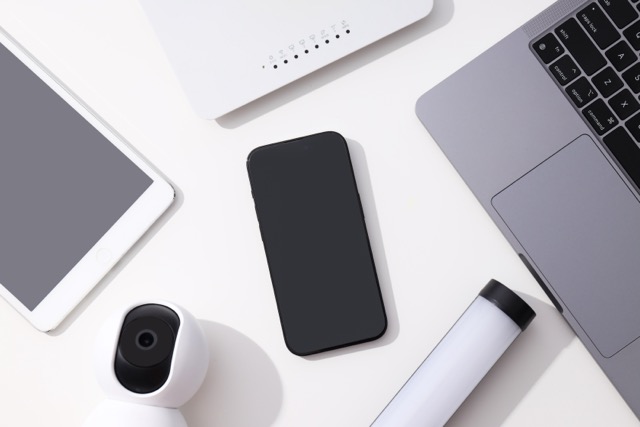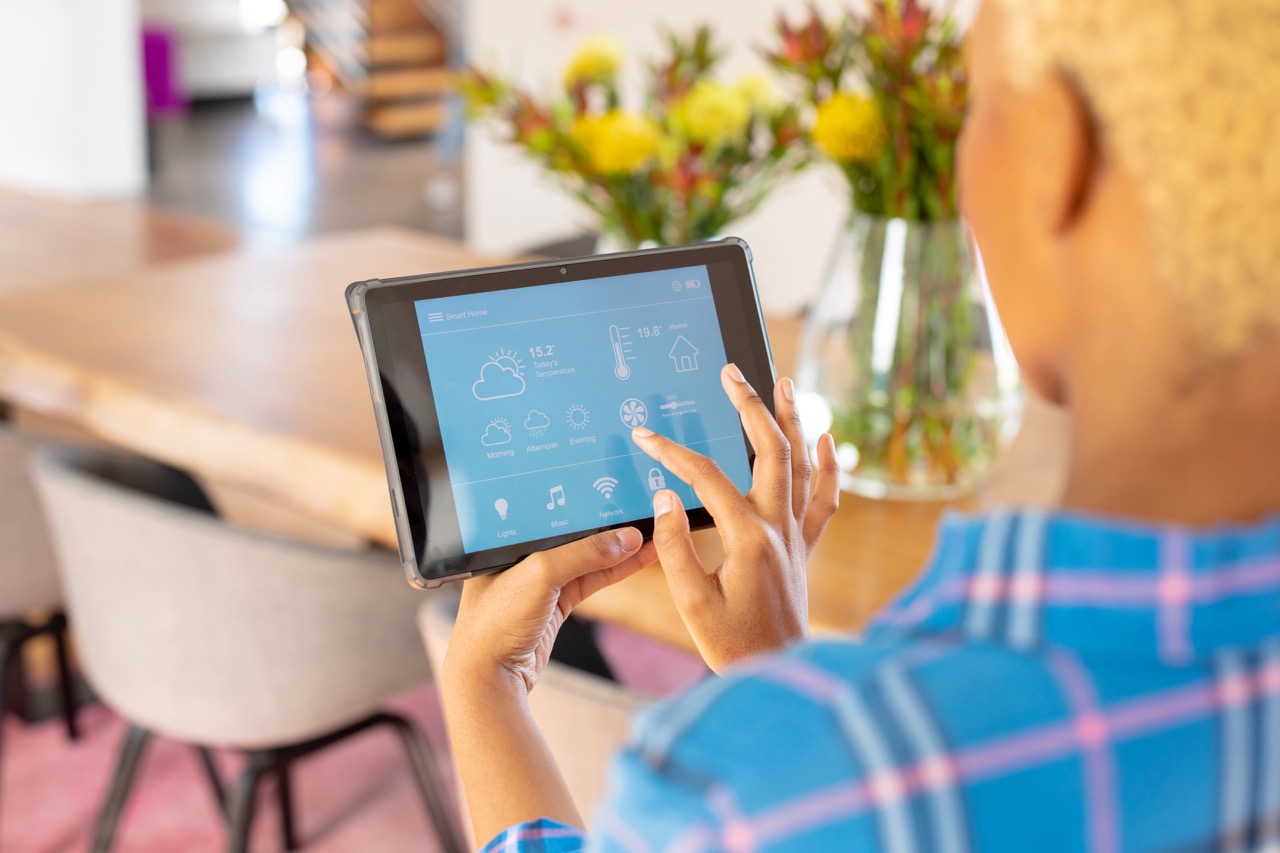The kitchen, traditionally a place of warmth and manual culinary exploration, is undergoing a technological transformation. Artificial Intelligence (AI) is making its way into our ovens, fridges, and even into devices specifically designed to assist us in cooking. This integration of AI technology promises to make cooking more intuitive, less time-consuming, and even more creative. But as with any technological advancement, it beckons a thorough evaluation. What role does AI have in modern kitchens, and is it truly enhancing the cooking experience? This discussion delves into the multifaceted impact of smart cooking assistants, weighing their benefits against their costs and potential downsides.
Evaluating AI’s Role in Modern Kitchens
AI in the kitchen is not just about automating cooking processes; it’s about enhancing the interaction between the cook and their tools. Devices equipped with AI can learn from user interactions, adapting to preferred cooking styles and dietary needs. This personalized approach can dramatically alter meal preparation, making it quicker and more tailored to individual tastes. Furthermore, AI-integrated appliances can connect to various data sources to update cooking methods, recipes, and nutritional information, thus continually enhancing their utility. However, the role of AI doesn’t stop at personalization and information management. It extends to safety by monitoring cooking, reducing risks of fires, and ensuring food is cooked at optimal temperatures.
How Smart Assistants Enhance Your Cooking
Smart cooking assistants, such as AI-powered ovens, can preheat themselves to the correct temperature based on the recipe you plan to cook and can adjust cooking times dynamically as they monitor the food’s progress. This level of automation not only saves time but also ensures culinary precision that might be challenging to achieve manually. Additionally, these smart devices often come with integrated databases of recipes, which they can suggest based on the ingredients you have at hand, reducing food waste and inspiring cooks to try new dishes. The interactivity provided by AI assistants, such as voice commands and remote smartphone controls, further enhances the cooking experience, allowing for a seamless integration of cooking into one’s daily schedule.
Are Smart Cooking Devices Worth the Cost?
Investing in AI-powered kitchen appliances often comes with a hefty price tag. The cost can be a significant deterrent for many, but it’s important to consider the long-term benefits. Smart appliances can lead to substantial savings over time through energy-efficient operations and reduced food waste. They also offer considerable time savings, an invaluable benefit for those with busy lifestyles. However, potential buyers should assess their cooking habits: those who enjoy cooking as a leisurely activity might find less value in a device that automates the entire process, while those who view cooking as a chore could benefit greatly.
The Impact of AI on Culinary Creativity
There’s a common concern that incorporating AI in cooking might stifle culinary creativity, turning it into a mechanical output devoid of personal touch. However, the opposite appears to be true. AI can act as a culinary collaborator, suggesting combinations and techniques that might not be obvious to the human cook. It can introduce cooks to global cuisines and ingredients, expanding their culinary repertoire and encouraging experimentation. Moreover, by handling more mundane tasks, AI allows chefs to focus on creative aspects of meal preparation, potentially elevating their dishes to new heights.
Potential Downsides of Relying on Kitchen AI
While the benefits are plentiful, reliance on AI in the kitchen is not without its pitfalls. One major concern is privacy and data security, especially with devices that are connected to the internet. There’s also the risk of over-reliance, where one might become dependent on AI for cooking, potentially de-skilling the cook over time. Additionally, mechanical malfunctions can lead to disruptions in meal prep, and high-tech repairs could be costly and inconvenient. Users must weigh these risks against the benefits, ensuring they maintain a balanced approach to using AI in cooking.
Is It Time to Welcome AI Into Your Kitchen?
Deciding whether to integrate AI into your kitchen depends on your personal cooking style, interest in technology, and budget. For those who dread meal planning and preparation, AI can transform cooking into a more enjoyable, less burdensome task. For tech enthusiasts, the allure of using cutting-edge technology is a significant draw. However, for those who cherish the traditional, hands-on cooking process, the transition might not be as appealing. Ultimately, the decision should align with personal cooking preferences and lifestyle needs, ensuring that the kitchen remains a source of joy and creativity.
As AI continues to evolve, its role in the kitchen becomes increasingly sophisticated and integral. Smart cooking assistants promise convenience, enhanced creativity, and personalization in cooking, aiming to make the kitchen environment safer and more efficient. However, it’s crucial to approach this technology with a discerning eye, recognizing both its transformative potentials and its limitations. Whether or not to welcome AI into your kitchen is a personal choice that should be made based on thorough evaluation of how it aligns with your culinary goals and lifestyle. In the fast-evolving world of kitchen technology, staying informed and reflective ensures that whatever choice you make, it will serve your needs, enhance your cooking experience, and perhaps make your kitchen a smarter place.










